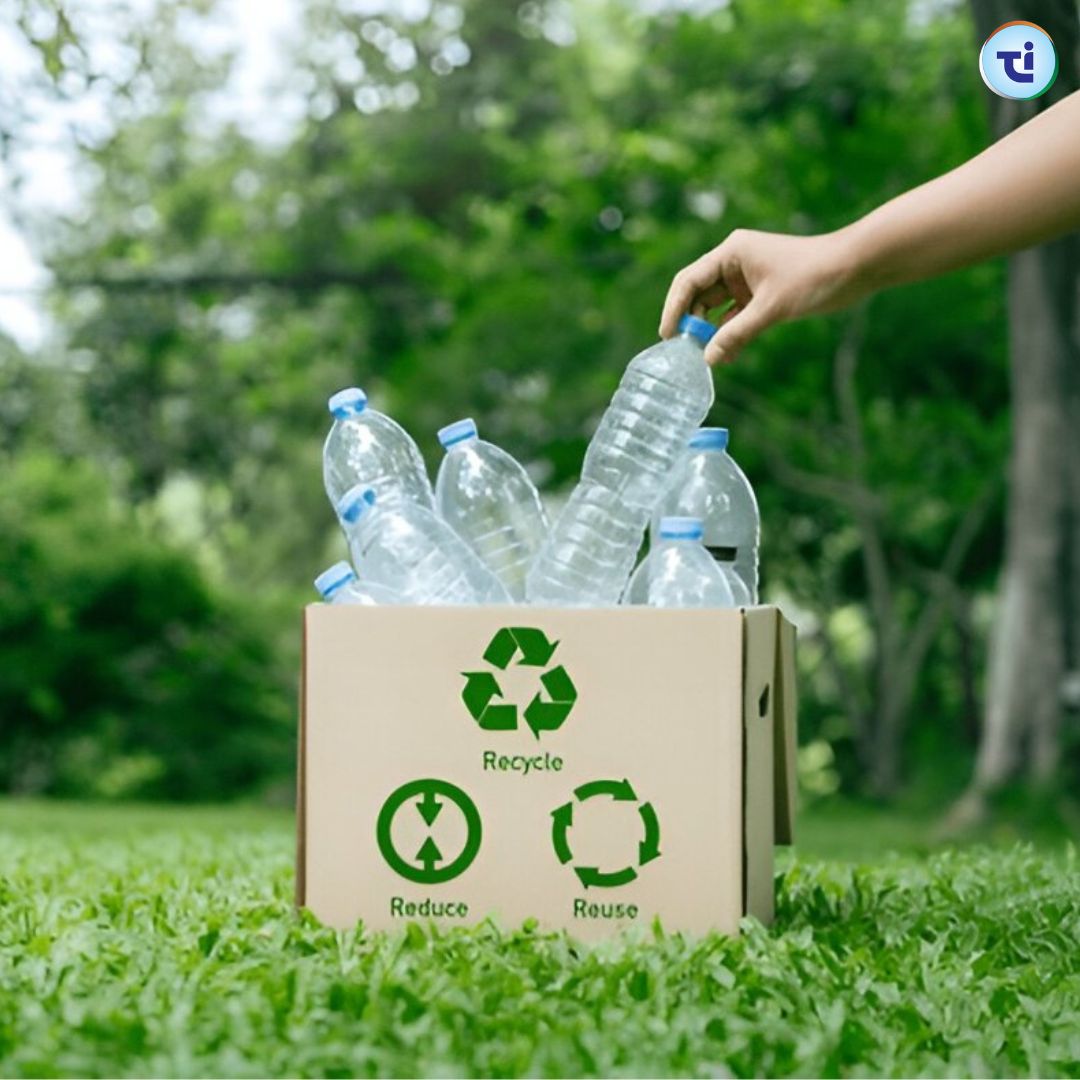Waste management is a critical environmental and public health issue that continues to challenge communities, governments, and industries around the world. In India, the scale of waste generation has reached alarming levels due to rapid urbanization, population growth, and changing consumption patterns. Addressing the challenges of waste management is essential for building a cleaner and more sustainable future.
1. Rising Waste Generation
One of the biggest challenges of waste management is the sheer quantity of waste produced daily. India generates over 1.5 lakh tonnes of solid waste every day, and this figure continues to grow. The absence of efficient collection and disposal systems in many areas results in open dumping, burning of waste, and environmental pollution.
2. Inadequate Segregation at Source
Segregation of waste into biodegradable, recyclable, and hazardous categories is the first step in effective waste management. However, in most Indian cities, waste is often mixed, making it difficult to recycle or compost. Without proper segregation, even recyclable materials end up in landfills, adding to environmental degradation.
3. Limited Recycling Infrastructure
Although recycling can significantly reduce landfill pressure, India’s recycling infrastructure is inadequate to handle the volume of waste produced. Informal waste pickers do much of the recycling work, but they often operate without safety measures, fair pay, or recognition. Modern waste processing plants are still insufficient in number and efficiency.
4. Lack of Public Awareness
A key obstacle in solving waste-related issues is the lack of awareness among citizens. Many people remain unaware of proper waste disposal methods and the harmful impacts of irresponsible dumping. Public participation is crucial, yet civic responsibility towards waste management remains low in several regions.
5. Financial and Policy Constraints
Waste management requires significant investment in infrastructure, technology, and manpower. Municipal bodies often face budget limitations, which affect waste collection frequency, the establishment of recycling facilities, and the adoption of eco-friendly technologies. Policies exist, but enforcement is often weak.
6. Environmental and Health Hazards
Improper waste disposal leads to multiple environmental hazards, such as soil contamination, air pollution from burning waste, and water pollution due to leachate from landfills. In addition, unmanaged waste attracts pests and disease-causing organisms, posing health risks to nearby communities.
7. E-Waste and Hazardous Waste Handling
The rise of electronic devices has led to a surge in e-waste, which contains harmful chemicals like lead and mercury. Similarly, medical and industrial waste, if not disposed of properly, can cause severe environmental and health damage. Specialized facilities for treating such waste are limited and underutilized.
Conclusion
Overcoming the  requires a multi-pronged approach — stricter enforcement of waste laws, improved recycling infrastructure, greater citizen participation, and the adoption of innovative waste-to-energy technologies. Collaboration between the government, private sector, and communities will be crucial for achieving a cleaner, healthier India.
requires a multi-pronged approach — stricter enforcement of waste laws, improved recycling infrastructure, greater citizen participation, and the adoption of innovative waste-to-energy technologies. Collaboration between the government, private sector, and communities will be crucial for achieving a cleaner, healthier India.
For more insights on India’s environmental challenges and sustainable solutions, visit The United Indian.









